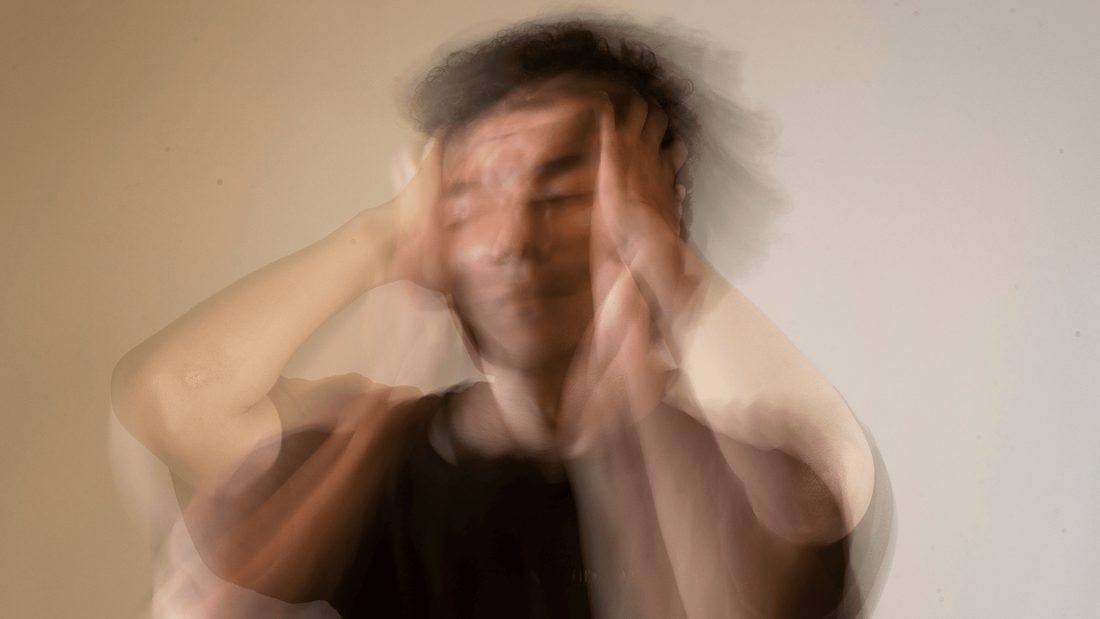What Is Religious Trauma Syndrome (RTS)? Imagine being told, from the moment you're old enough to listen, that questioning authority is sinful, your body is shameful, and doubt is dangerous. For many people raised in fundamentalist religious systems, this isn't hypothetical — it's their reality. The psychological effects of leaving or living in a rigid and authoritarian religious environment have been termed Religious Trauma Syndrome by Dr. Marlene Winell. Although not a formal diagnosis, RTS carries with it the symptoms of complex PTSD, which are:
How Religious Fundamentalism Can Become TraumaticSarah grew up in a high-control evangelical community. She was taught that non-believers were going to hell, women must submit to men, and any deviation from scripture meant eternal punishment. By the time she reached her late twenties and began questioning her faith, Sarah was overwhelmed with guilt. She left the church but found herself plagued by panic attacks anytime she walked past a church or heard a sermon on YouTube. This is religious trauma. It’s not about having religious beliefs — it's about the psychological harm caused by authoritarian control, black-and-white thinking, and conditional love. Like Sarah, many former members of fundamentalist communities struggle with a shattered worldview and fear that any independent thought might condemn them. How RTS Compares to Other Forms of TraumaUnlike trauma from a single incident (like a car accident), religious trauma is chronic and layered — more akin to growing up in an abusive home.
Common Symptoms
Evidence-Based Healing Strategies1. Psychoeducation and Naming the Trauma The first step in healing is understanding that what happened was trauma. Many clients blame themselves for not having "strong enough faith." Learning terms like Religious Trauma Syndrome, spiritual abuse, and moral injury can validate the experience. 2. Cognitive Behavioral Therapy (CBT) CBT helps reframe damaging core beliefs. For example:
Clients often benefit from rewriting their story — reclaiming their narrative from the lens of fear and shame to one of resilience and growth. 4. Somatic Work Trauma isn’t just in the mind — it’s stored in the body. Techniques like:
Leaving a religious group often means losing your entire social structure. Encourage clients to seek out:
Healing Is PossibleHealing from Religious Trauma Syndrome is not about rejecting all spirituality. It’s about reclaiming autonomy — the freedom to think, feel, question, and connect with the divine (or not) in a way that honors your humanity.
As a therapist and cult specialist, I’ve walked beside countless individuals through this process. The pain is real — but so is the possibility of peace, joy, and spiritual freedom.
0 Comments
Leave a Reply. |
|


